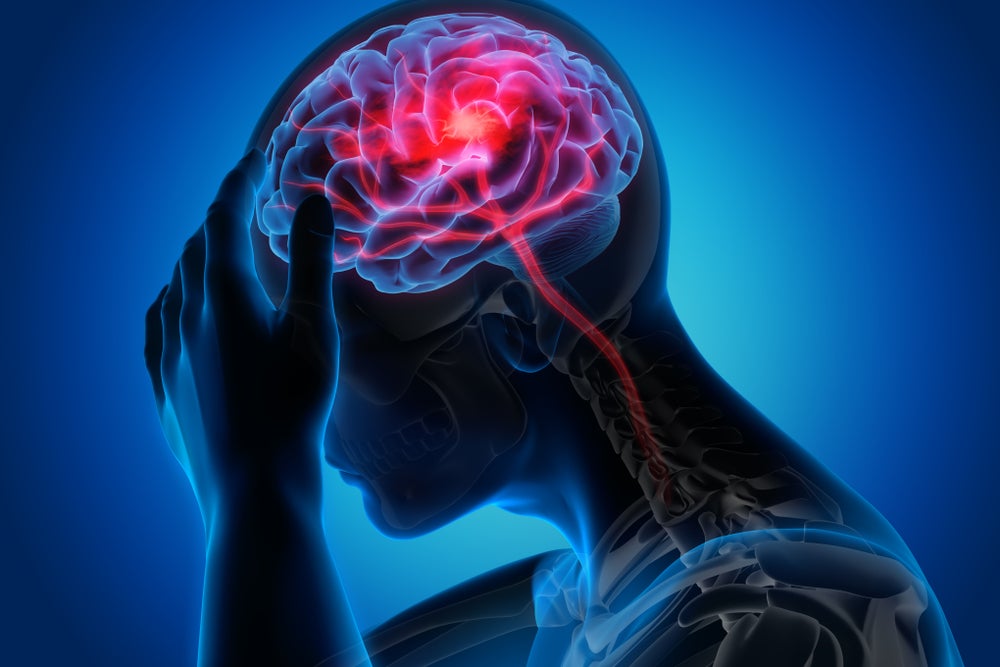Taiwan-based Lumosa Therapeutics is initiating two Phase II clinical trials investigating LT3001, its pipeline candidate for treating acute ischemic stroke (AIS).
The Phase II Lumosa 203 trial (NCT05198323) and Phase IIb Bright (NCT05403866) trial are both randomised placebo-controlled, double-blinded trials.
The Lumosa 203 study is a two-part trial evaluating LT3001 drug product versus placebo in subjects with AIS undergoing endovascular thrombectomy (EVT). Patients in the trial should be treated with standard-of-care (SoC) AIS therapies when appropriate. Investigators plan to enrol 66 patients.
The primary endpoint for this study is the occurrence of symptomatic intracranial haemorrhage within 24 hours after dosing.
The Bright study is a multi-country trial investigating LT3001 versus placebo in patients with AIS who are not undergoing EVT. Patients in the trial will be treated with SoC AIS therapies where appropriate. Investigators plan to enrol 200 patients.
The primary endpoint is the proportion of patients with adverse events (AEs) which are likely to be or definitely related to the investigational product (IP), within 90 days of administration.
Both trials are anticipated to be completed within the next two years.
Lumosa says that the new drug combines clot-busting and nerve-protecting effects into one treatment. It also aims to extend the treatment window to 24 hours after the onset of symptoms, much longer than the current four-and-a-half hour window US FDA-approved drug, tissue plasminogen activator (t-PA).
Lumosa has completed three Phase I trials and one Phase II trial and has another three Phase II trials of the candidate ongoing, with the first Phase II trial starting in 2019.
Tennessee-based CHI Memorial, home to Chattanooga Center for Neurologic Research, serves as the coordinating centre for all Lumosa stroke studies in the US.
Acute ischemic stroke landscape
According to the World Health Organization (WHO), globally there are 15 million stroke cases each year.
There are approximately 90,381,461 diagnosed prevalent cases of AIS anticipated in 2023 in the 16 countries covered in GlobalData’s epidemiology forecast, which is expected to grow to 96,246,493 cases by 2027.
There are only eight marketed drugs for AIS with the main candidates being AstraZeneca’s Brilinta (ticagrelor) in the US, Bristol Myers Squibb’s Pravadual (Aspirin + pravastatin sodium) in France, and Roche’s Cathflo in Canada. Most marketed candidates are receptor antagonists and enzyme inhibitors.
GlobalData says that there is a robust pipeline for AIS, which majorly consists of thrombolytics, antiplatelet, and anticoagulant agents.
GlobalData is the parent company of the Clinical Trials Arena.









